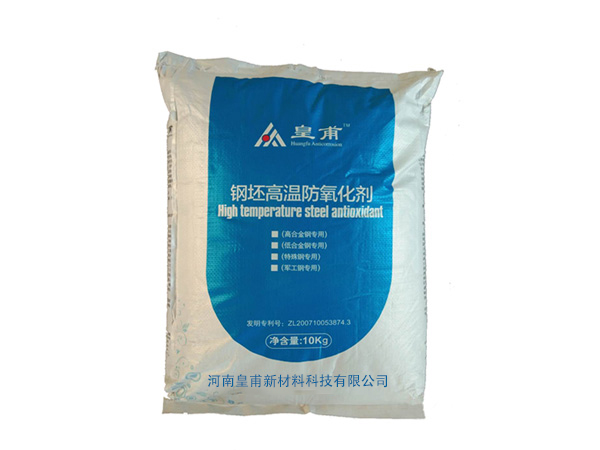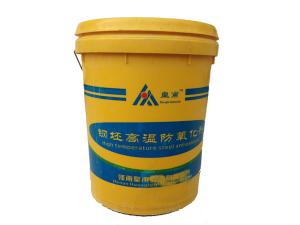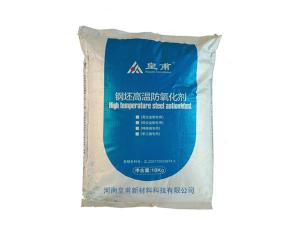Nano - silicate anti - oxidation coatings are made of non - metallic inert materials with high temperature resistance.Mainly used in iron and steel production industry, it can effectively solve the problems of oxidation burning loss and surface quality caused by surface oxidation corrosion machine of common billet, stainless steel and special billet in the process of high temperature heating.
The necessity of using nano silicate nano antioxidane coating for steel billet in high temperature oxidation resistance and surface processing technology

The effect is very obvious without coating protection and after protection.
Scaling and oxidation of steel during hot rolling causes direct mass loss of steel and serious quality problems of the surface layer. Also,scale, if not removed on time and rolled-in during hot rolling,can cause surface defects and in some instance even result in scrapping of product. Mill scale must be removed by high-pressure water jetting, pickling, abrasive blasting, removing the top layer, etc., Thus greatly increasing the number ofproduction processes and energy consumption. Furthemore,during heating process scales can fall down to the bottom of the surface and not only damage the furnace and reduce its life,but to remove them it is also necessary to add hard manual labor;wet deslagging method increases energy consumtion.
The use of high-temperature antionxidant for steel in production process greatly improves efficiency, directly increases yield and quality of steel. At the same time reduction of scaling and oxidation simplifies the production process, significantly reduceenergy consumption and allows full use of iron ore and thereby increases production efficiency.
The mechanism of action of the high temperature steel antioxidant
The main components of the antionxidant at high temperature steel as metal and non-metal oxides with high resistance temperatures and antioxidant properties.The most commonly used as a suspension sprayed.Individual components make up a suspension. It is sprayed AIeno painted with the metal surface to form a thick layer of approx.0.3mm.after drying thanks adhesive powder in suspension adheres to the metal surface to form a protective layer.
During heating process, with increasing temperature the slurry protective layer begins to sinter forming a closed and dense solid adhesion layer and thus achieves isolation of oxygen and prevents oxidation and scaling.

Surface Effect of Steel Billet after Spraying Antioxidant Coatings
Practical Application of Nano-silicate Antioxidant Coatings
1.Can be directly sprayed on the surface of various types of steel slabs.
2.Affer spraying the surface of the slab,ingot solidifies after 30 minutes at ambient temperature of 20℃.After spraying,coating doesn't fall off and in sturdy enough to withstand a collision with other ingots.
3.Special steels surface quality problems.When slab is taken out of the furnace there is a dense,thick oxidized layer on the surface. Conventional methods are unable to completely remove the scale which is then during rolling rolled-in causing cracking.
4.When slab,ingot is taken out of furnace after heating process,the color of the surface is compact,free of irregularities
5.After hot rolling,the slab surface is glossy and of consistent color,ruptures and other surface quality problems are solved.
6.Mass loss during heating process of conventional steel without the use of an antioxidant is about 1-3%,with the application of antioxidant it falls below 0.5%.Mass loss during heating process of stainless and saecial steels without the use of antioxidane is about.0.8 to 3%,with application of antioxidant it falls to 0.01-0.02%.High-temperature antioxidant for steel solved problems with surface quality and losses caused by high temperature oxidation of various types of steel.
 Chinese
Chinese














